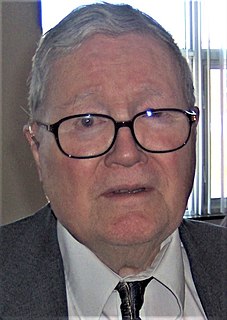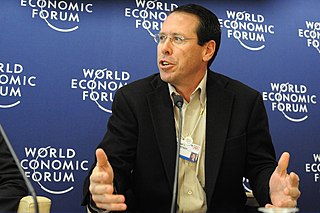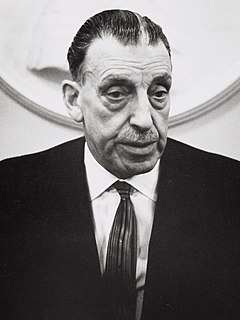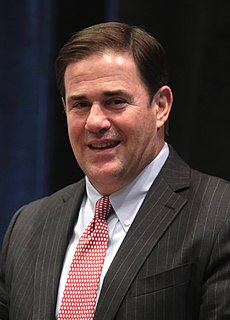A Quote by Barney Frank
The issue is not that morals be applied to public policy, it's that conservatives bring public policy to spheres of our lives where it should not enter.
Related Quotes
I chose to write about food: food is inherently political, but it's also an essential part of people's real lives. It's where the public and private spheres connect. I wanted to show readers that the larger politics of war and economics and U.S. foreign policy are inextricably bound to the supposedly trivial details of our everyday lives.
The founders of this nation understood that private morality is the fount from whence sound public policy springs. Replying to Washington's first inaugural address, the Senate stated: "We feel, sir, the force and acknowledge the justness of the observation that the foundation of our national policy should be lain in private morality. If individuals be not influenced by moral principles it is in vain to look for public virtue."
But, that’s the whole point of corporatization - to try to remove the public from making decisions over their own fate, to limit the public arena, to control opinion, to make sure that the fundamental decisions that determine how the world is going to be run - which includes production, commerce, distribution, thought, social policy, foreign policy, everything - are not in the hands of the public, but rather in the hands of highly concentrated private power. In effect, tyranny unaccountable to the public.
Indeed the three policy pillars of the neoliberal age-privatization of the public sphere, deregulation of the corporate sector, and the lowering of income and corporate taxes, paid for with cuts to public spending-are each incompatible with many of the actions we must take to bring our emissions to safe levels.
A much more radical conclusion . . . that, so far as I know, is shared by only a very few students of public choice [is]: that government employees or people who draw the bulk of their income from government by other means should be deprived of the vote . . . It is another example of the opening up of alternatives for investigation and the presentation of new conceivable policy options characteristic of public choice, rather than a policy that all its students favor.
RTE was set up by legislation as an instrument of public policy, and, as such is responsible to the government. The government have overall responsibility for its conduct, and especially the obligation to ensure that its programmes do not offend against the public interest or conflict with national policy as defined in legislation. To this extent the government rejected the view that RTE should be, either generally or in regard to its current affairs programmes, completely independent of government supervision.

































